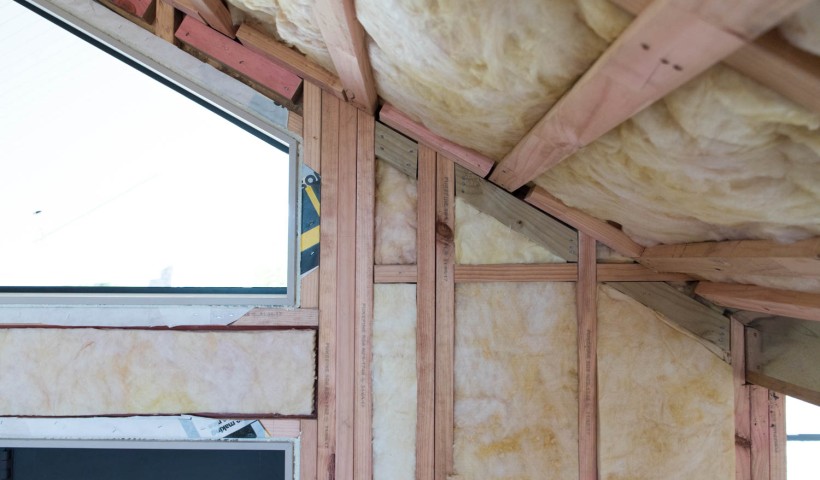 NEW
NEW
So when the College’s Nelson block underwent redevelopment, teachers in those 12 classrooms were quick to suggest improved acoustics. In fact, one of the staff members recommended Rockwool, a product they were familiar with and which they felt provided superior acoustics.
Designer Martin Galloway from Integrated Design Solutions researched the product further and discovered Bradford Rockwool Soundscreen to be a mineral-based insulation bale from reputable company CSR. It is low allergen, fire resistant, does not shrink, pack down, rot or deteriorate over the life of the building, and comes with a R2.0 rating – higher than similar products on the market.
Installer Graeme Morrison of Morrbuild says the SoundScreen was simple to install, even with a complex suspended ceiling included in the design.
“Its ability to deaden sound is its biggest advantage,” he says, adding: “I’ve never had feedback like I’ve had with this project. I was amazed at how well it has worked.”
“It is certainly much, much quieter,” says one of the teachers. “There’s far more padding between the above classroom and me now.”
Another teacher says he hears less of people talking or films and videos being played in the classroom above.
“I’ve observed a noticeable improvement,” says yet another teacher from the Nelson block.
Tests have shown that SoundScreen reduces unwanted noise transfer through stud walls and between floors by as much as 75 percent. This means it’s effective in both commercial and residential applications and can substantially reduce the transmission of voices, appliance noise and even moderately loud music. Infact, a SoundScreen insulated wall will provide up to 9dB improvement over a non-insulated stud wall.
Designer Martin Galloway says he plans to use SoundScreen in future projects. “We have the catalogue here and we reference it all the time. CSR is a well-known company that makes a lot of products and it’s good to use them together.”
For further information and MSDS view the online technical resource.











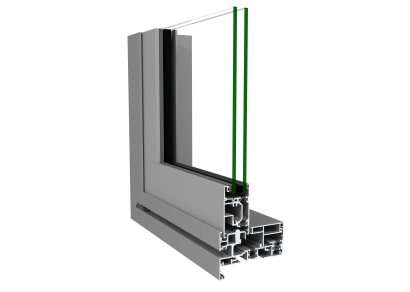
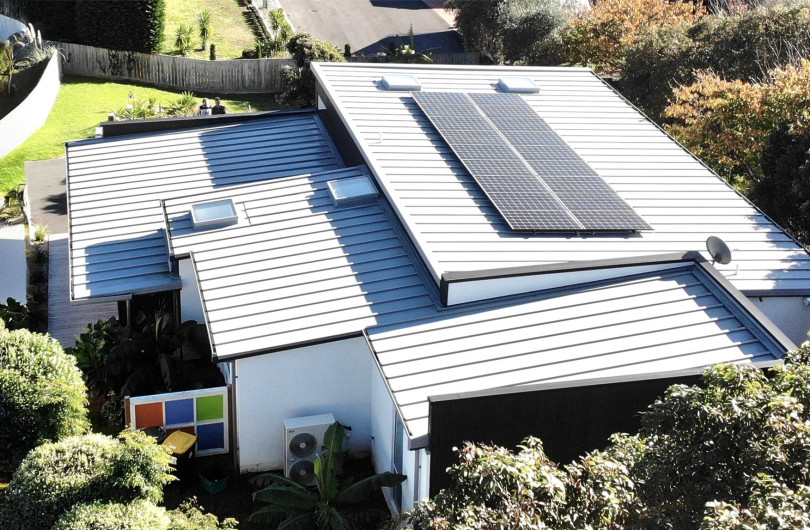
 New Products
New Products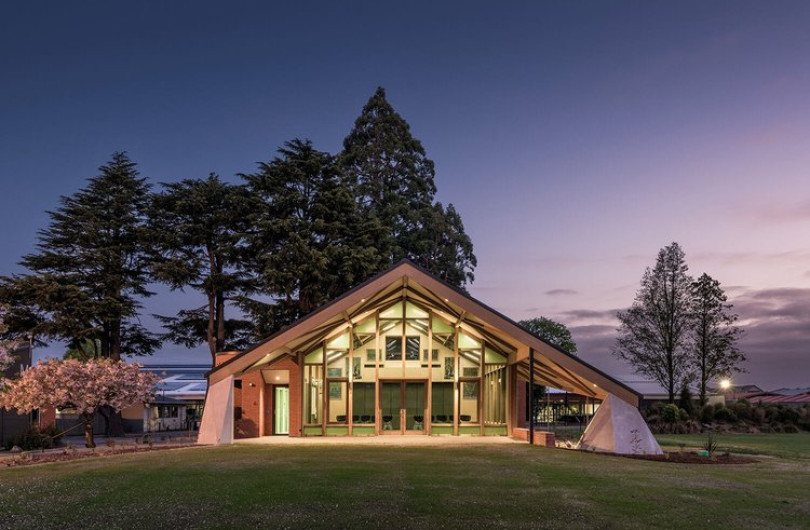




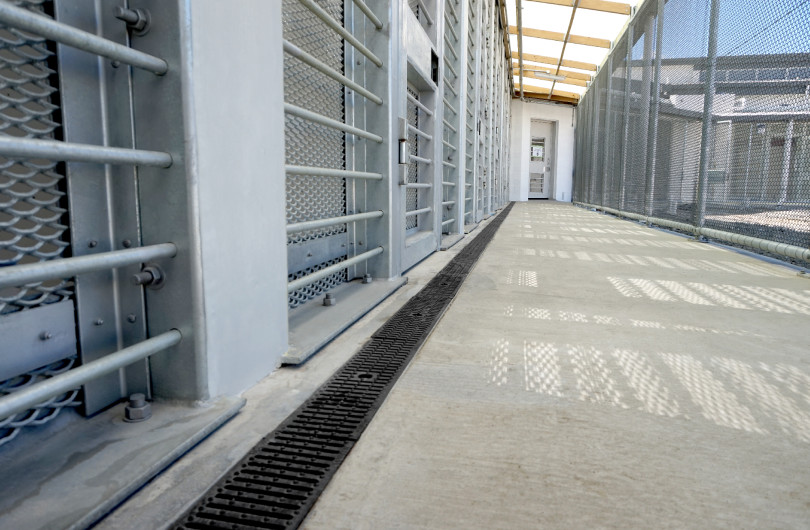







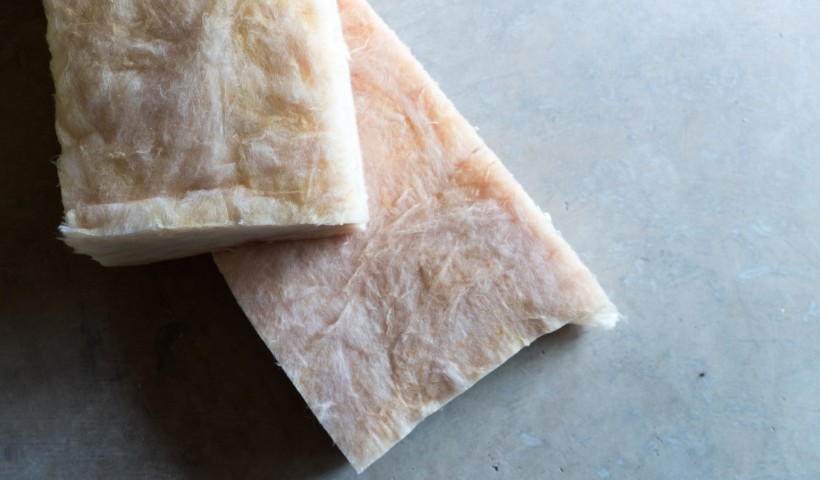
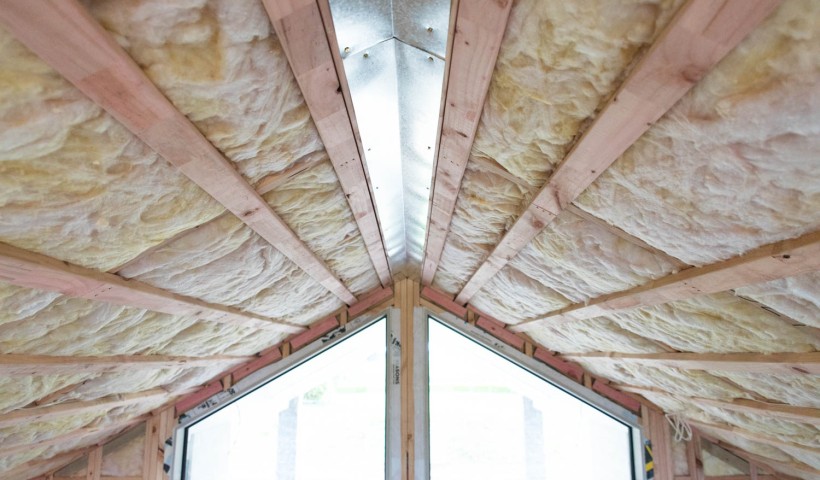
 Popular Products from Bradford Insulation
Popular Products from Bradford Insulation

 Most Popular
Most Popular


 Popular Blog Posts
Popular Blog Posts
